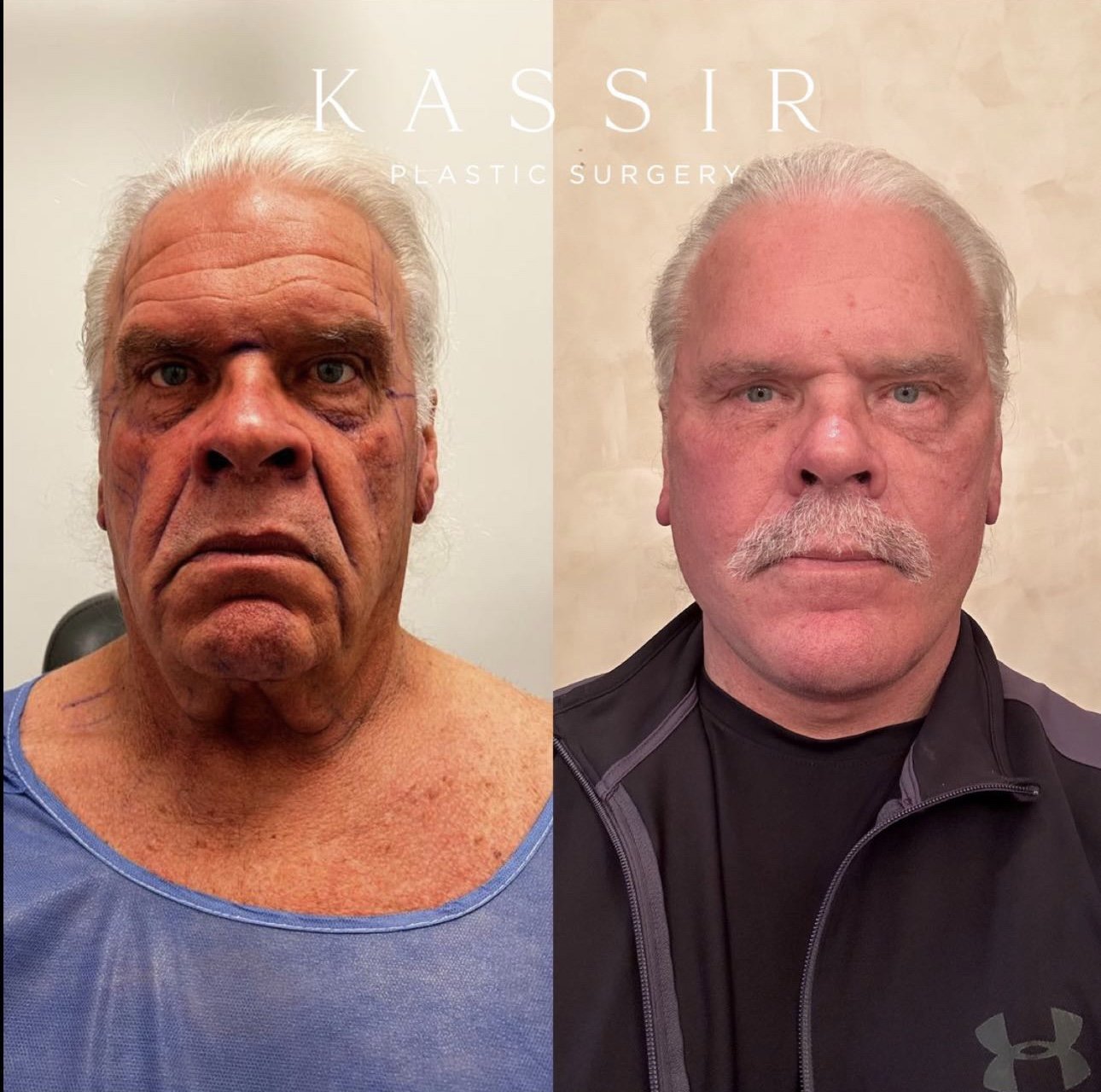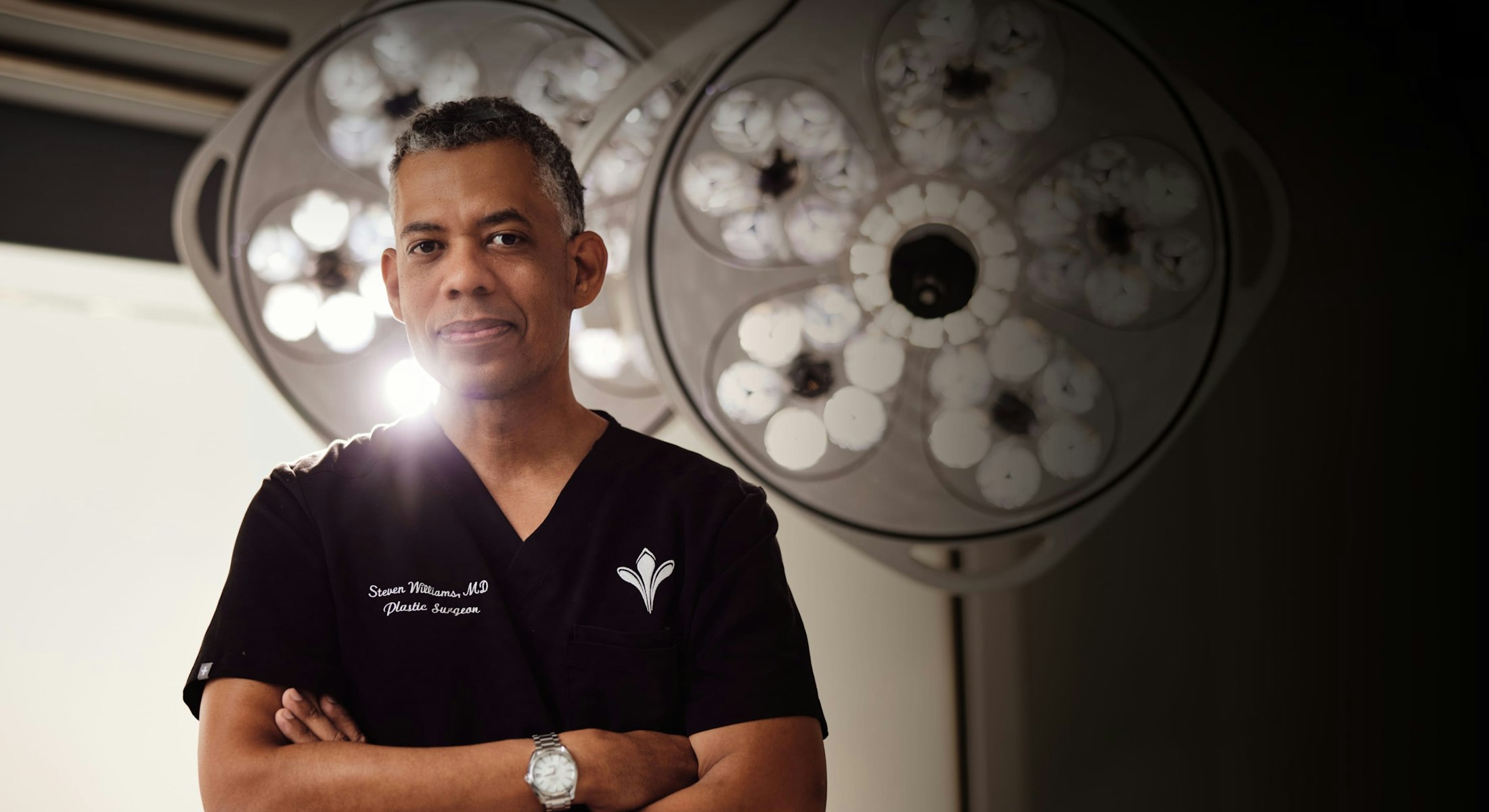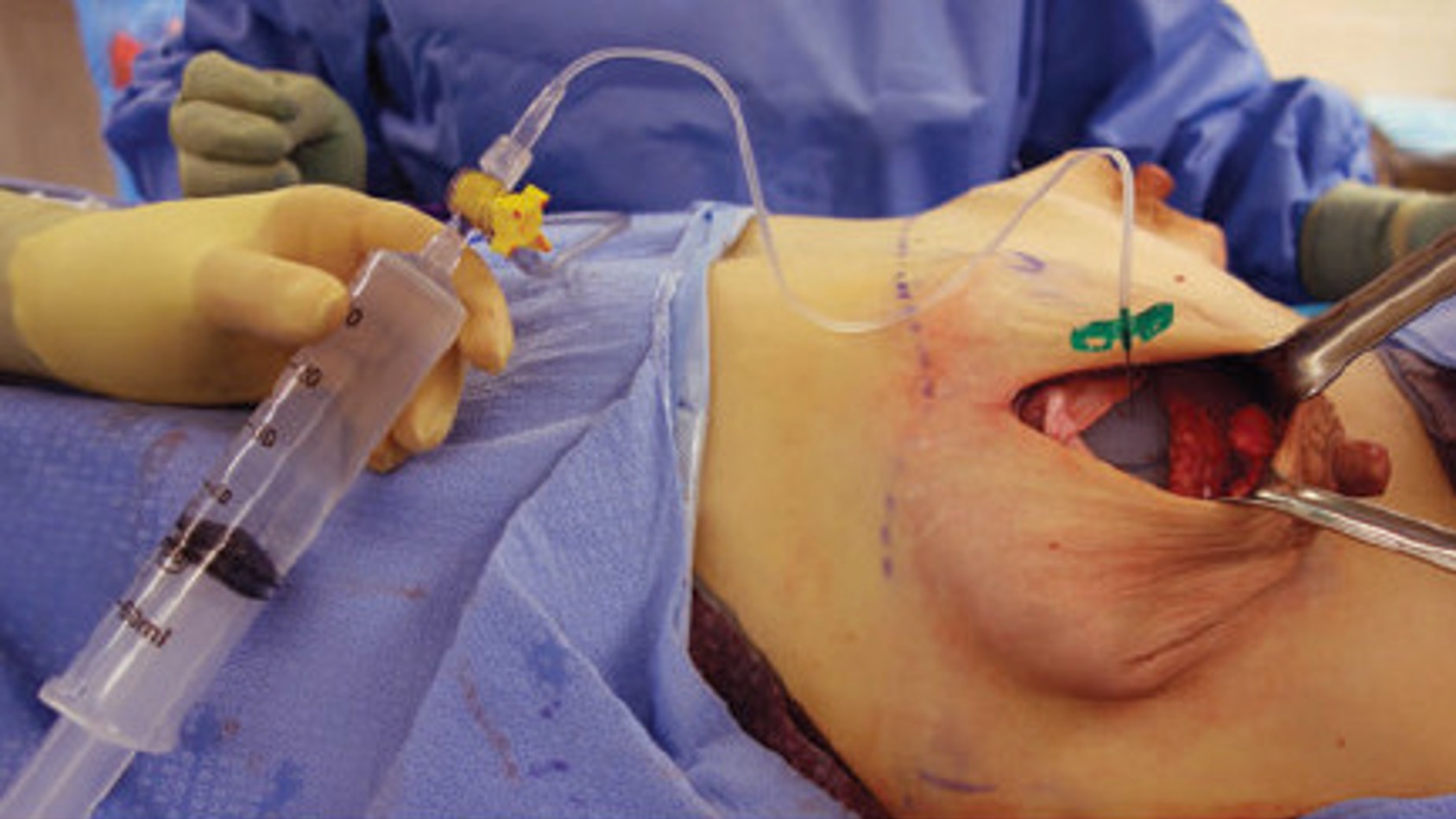The Influence of Self-Image on Decision-Making: Reasons Lots Of Individuals Seek Plastic Surgery for Physical Change
The interaction between self-image and decision-making is an intricate sensation, specifically evident in the boosting pattern of people opting for cosmetic surgical treatment as a way of physical improvement. Motivated by a need to fulfill individual ideals and societal assumptions, several people come to grips with issues of self-esteem that can considerably affect their options. As external pressures from social norms and social media heighten feelings of inadequacy, a crucial inquiry arises: what are the underlying mental variables that drive this quest of transformed appearances, and what implications do these choices hold for individuality and wellness?
Understanding Self-Image
Self-image refers to the mental picture and perception a specific holds regarding themselves, incorporating facets such as physical look, personality type, and overall self-regard - mommy makeover rancho cucamonga. This interior depiction dramatically influences how people connect with the globe and can be a driving force behind various life choices, consisting of the choice to undergo plastic surgery
A positive self-image often correlates with greater self-worth and a feeling of self-confidence, promoting an aggressive technique to life. Alternatively, a negative self-image might cause sensations of inadequacy and frustration, motivating people to look for outside services to perceived flaws. This pursuit for improvement can manifest in the desire for physical change through cosmetic procedures.
Furthermore, social impacts and social requirements play an essential function in forming self-image. The prevalent nature of media and peer contrasts can magnify feelings of insecurity, motivating people to modify their appearance in pursuit of approval or approval. Recognizing these characteristics is necessary in comprehending the motivations behind cosmetic surgery. Inevitably, self-image is a complicated construct that intertwines with emotional well-being, societal expectations, and personal ambitions, making it an essential factor in the decision-making process concerning cosmetic improvements.
Emotional Elements at Play
Numerous mental variables influence a person's decision to go after plastic surgery, commonly rooted in deeper emotional and cognitive processes. One substantial element is reduced self-esteem, which might arise from unfavorable self-perceptions or frustration with one's appearance. People with lessened self-worth may think that altering their physical functions will certainly enhance their general worth and acceptance in social contexts.
Furthermore, the principle of body dysmorphic disorder (BDD) plays a vital role. People dealing with BDD experience an obsessive emphasis on perceived defects in their look, leading them to seek surgical intervention as an option. This uncontrollable wish for improvement can significantly distort their self-image, driving them to pursue procedures in spite of the possibility for damaging outcomes.

Societal Pressures and Assumptions
A substantial impact on people' decisions to undergo cosmetic surgery stems from social stress and expectations that suffuse contemporary culture. In a period controlled by social networks and try this out continuous visual exposure, idealized standards of beauty are frequently showcased, developing a prevalent atmosphere where physical appearance is intensely looked at. Such criteria often dictate what is taken into consideration eye-catching, leading people to really feel forced to comply with these suitables.
Additionally, the normalization of cosmetic improvements in pop culture even more worsens these pressures - mommy makeover rancho cucamonga. Influencers and celebrities openly discussing their operations can create an assumption that such changes are not just appropriate however desirable. This sensation can engender feelings of inadequacy in people who may feel their all-natural appearance does not align with social criteria
Additionally, the impact of colleagues can not be forgotten. Individuals might come across indirect or direct stress from good friends or family, bring about a common validation of plastic surgery as an acceptable methods to achieve an idealized self-image. Consequently, these social assumptions can substantially impact individual decision-making processes, frequently outweighing intrinsic motivations for self-improvement and cultivating a culture where physical makeover is pursued as a treatment for regarded drawbacks.

Study and Individual Stories
Many people have shared their individual trips regarding cosmetic surgery, disclosing a complicated interaction between self-perception and societal influences. As an example, a 34-year-old woman defined exactly how years of sensation poor due to her nose led her to look for rhinoplasty. She reported that after the procedure, her self-confidence rose, allowing her to engage even more openly in social situations and advance her job. Yet, she acknowledged that her decision was greatly affected by media representations of beauty.
Similarly, a male individual in his late twenties stated his fight with body dysmorphic problem, which prompted him to pursue lipo. His experience highlighted not just a desire for physical change however likewise an aspiration for acceptance among peers. Post-surgery, he expressed article a renewed sense of self-respect, albeit with the awareness that inner recognition ought to come before external modifications.
These study underscore a more comprehensive trend: individuals typically watch plastic surgery as a pathway to boosted self-image. Nonetheless, the stories also reveal an essential perspective on the pressures and assumptions that shape these decisions, recommending that individual tales are deeply linked with social norms and values.
Alternatives to Plastic Surgery

Skin care treatments, including chemical peels and microdermabrasion, can boost skin texture and tone, addressing problems like acne marks or uneven coloring. Furthermore, laser therapy is an efficient method for targeting specific skin concerns, such as sunlight damage anchor or vascular sores, promoting a much more vibrant look.
For those seeking body change, non-invasive fat decrease methods like CoolSculpting can help get rid of stubborn fat down payments without surgical treatment. Physical fitness programs and nutritional therapy are likewise important tools for people intending to accomplish a healthier body image. Ultimately, these choices can supply significant results while straightening with individual comfort degrees and preferences, fostering a positive self-image without the permanence of plastic surgery.
Final Thought
Individuals frequently look for physical transformation in an attempt to boost self-confidence and align with regarded requirements of appeal. By exploring choices and fostering a healthier self-image, individuals may find much more sustainable paths to self-acceptance and health.
The interaction in between self-image and decision-making is a complex sensation, particularly apparent in the raising pattern of individuals deciding for cosmetic surgical treatment as a means of physical transformation.Countless emotional aspects influence an individual's choice to seek cosmetic surgical treatment, often rooted in deeper emotional and cognitive processes.A substantial impact on people' choices to go through cosmetic surgery stems from social stress and assumptions that pervade modern society. People may encounter indirect or straight pressure from pals or family, leading to a public validation of cosmetic surgical procedure as an acceptable ways to accomplish an idyllic self-image.Many people have actually shared their individual trips relating to cosmetic surgery, exposing an intricate interaction between self-perception and social impacts.